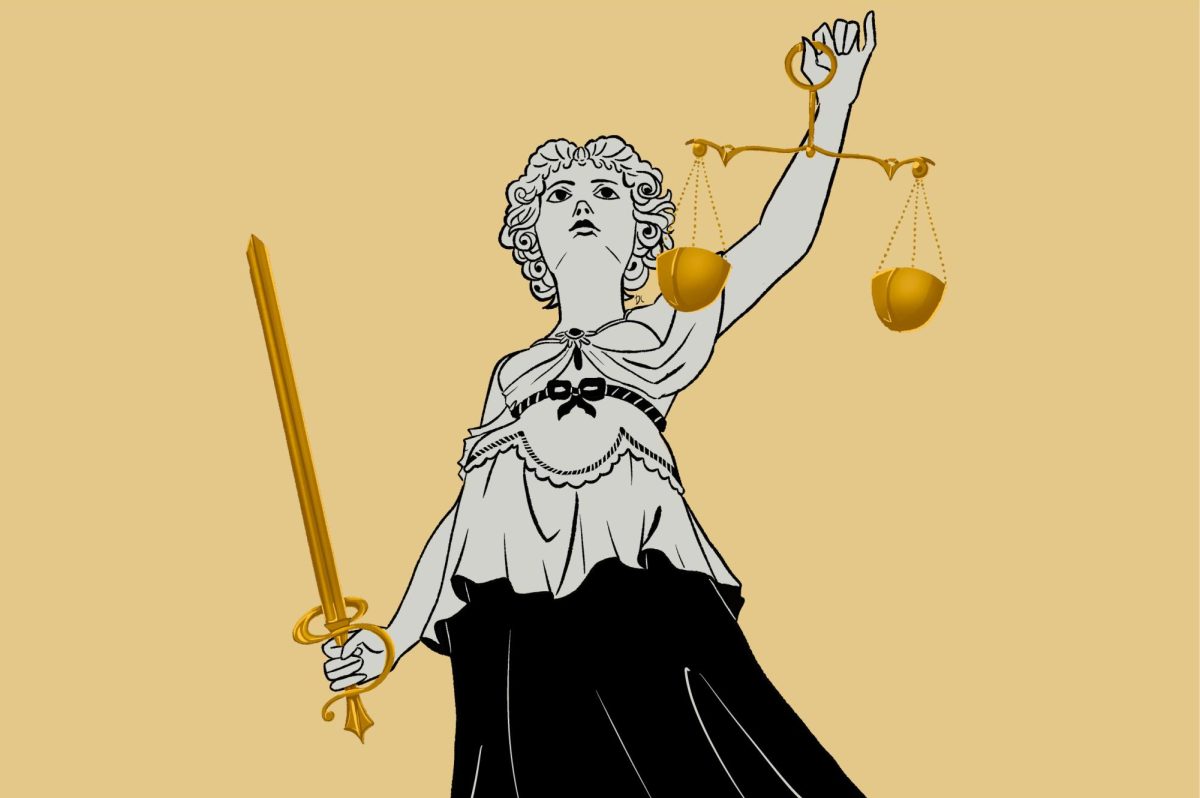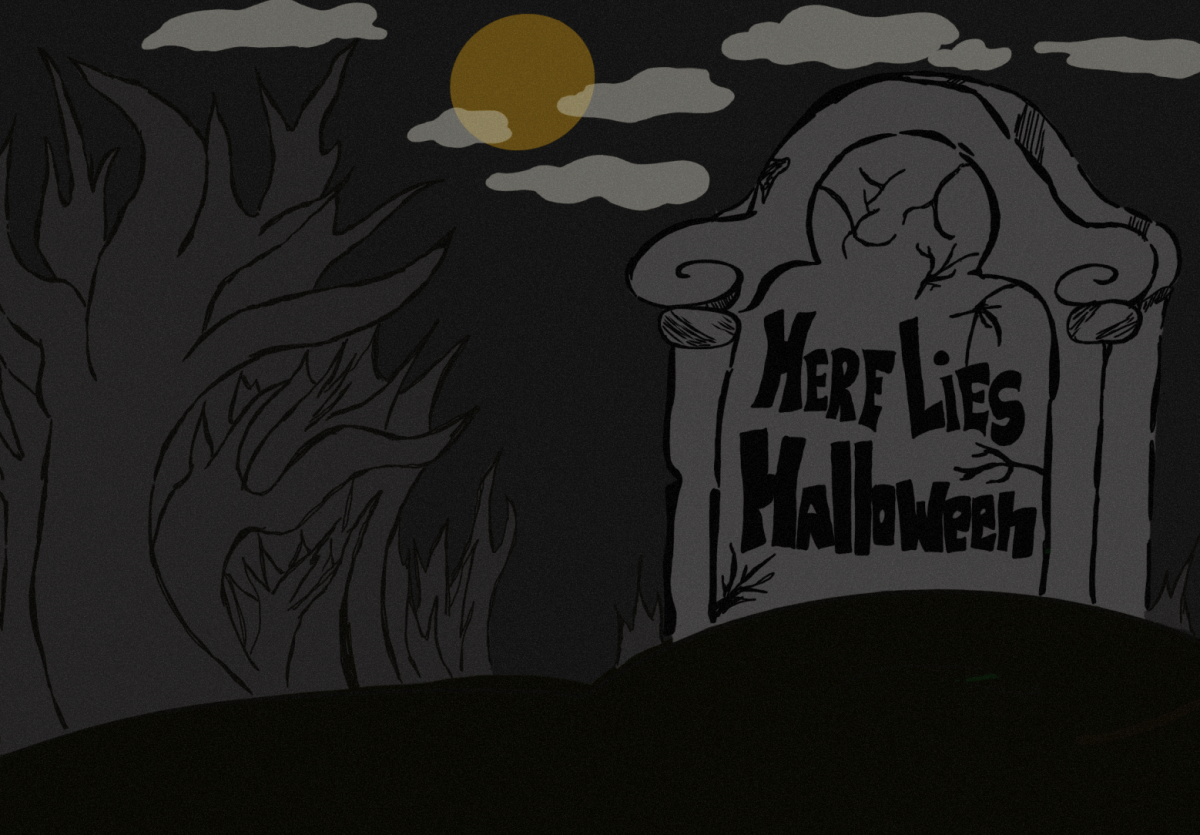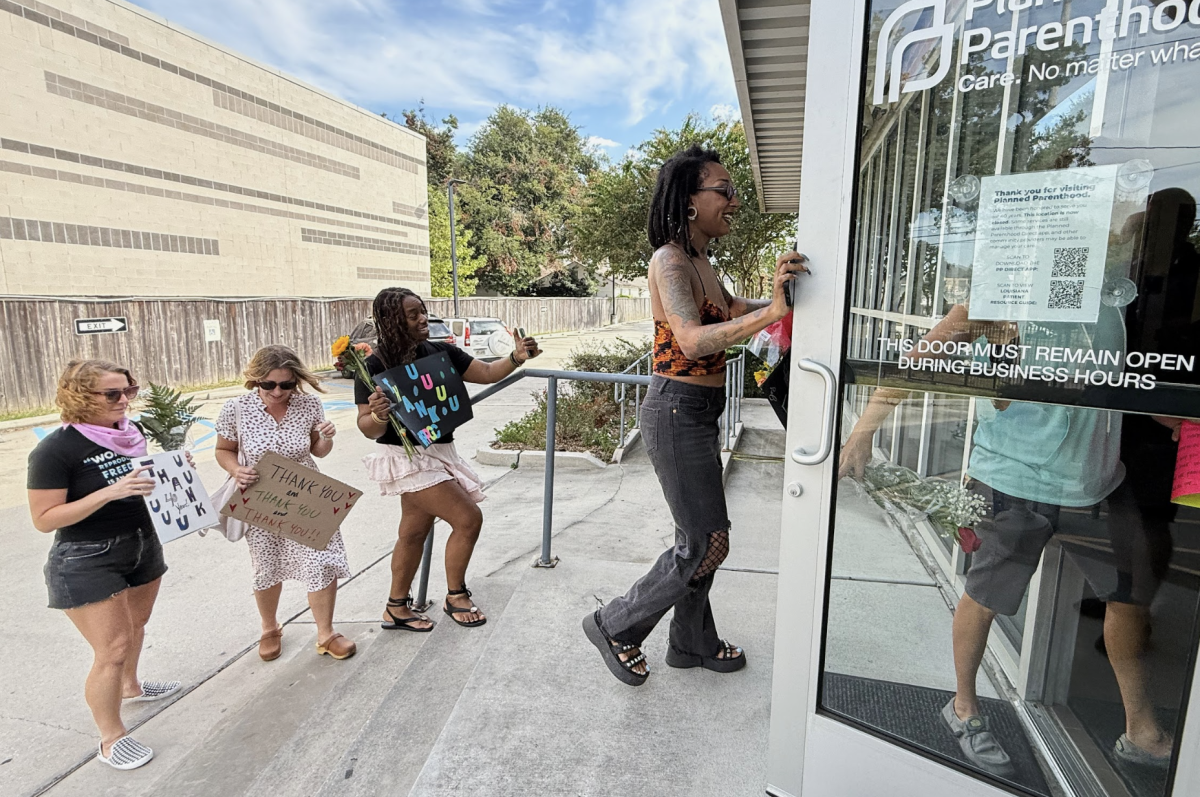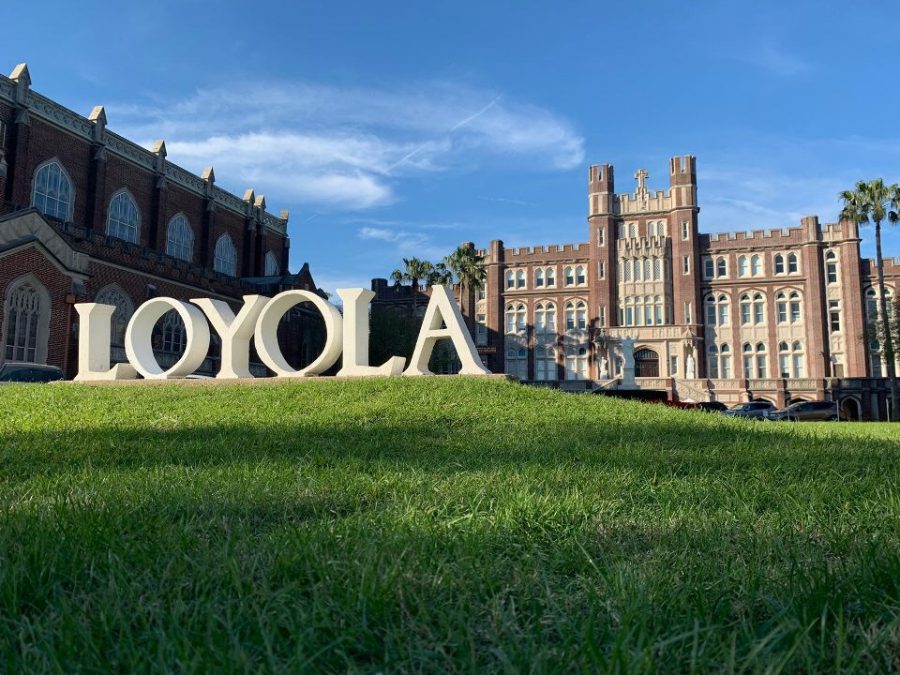Louisiana has joined a growing list of states challenging the Biden administration’s expansion of Title IX protections to include LGBTQ+ individuals. This lawsuit isn’t just about legal technicalities; it’s about whether fundamental protections against discrimination should be universally applied or selectively enforced.
The Biden administration’s decision to extend Title IX to cover sexual orientation and gender identity was a direct response to the Supreme Court’s ruling in Bostock v. Clayton County. That ruling clarified that discrimination based on sexual orientation or gender identity is a form of sex discrimination under federal law. But Louisiana and other states have taken issue with this, arguing that the federal government is overstepping its bounds.
Loyola University New Orleans, a private Jesuit institution, now finds itself at a critical juncture. As a private university, Loyola is not legally bound to follow the state. It has the autonomy to make its own decisions regarding the implementation of Title IX protections.
Loyola has long championed social justice and the dignity of every individual. The university’s mission statement emphasizes these principles, which have guided its policies and practices for decades. The decision it faces now is whether to uphold these values by maintaining protections for LGBTQ+ students, faculty, and staff or to align with the state’s stance, which would undermine those protections.
The implications of this decision are significant. If Loyola chooses to maintain its current policies, it will reaffirm its commitment to inclusivity and social justice, sending a clear message that the university stands with its LGBTQ+ community, regardless of political pressures. On the other hand, if Loyola aligns with the state, it risks alienating a significant portion of its community and compromising its reputation as a progressive institution.
This decision will have a lasting impact not only on Loyola’s campus but also on the broader educational landscape. Other private institutions will be watching closely to see how Loyola navigates this challenge. The choice Loyola makes will set a precedent for how universities can balance legal autonomy with moral responsibility.
At the heart of this issue is the question of what kind of institution Loyola wants to be. Will it be one that stands firm in its commitment to justice, even in the face of opposition? Or will it capitulate to external pressures, sacrificing its principles for political expediency?
Loyola’s leaders must weigh these considerations carefully. The decision they make will define the university’s legacy for years to come. In a time when the rights of marginalized communities are under threat, Loyola can stand on the right side of history, reaffirming its dedication to justice and equality for all.

















